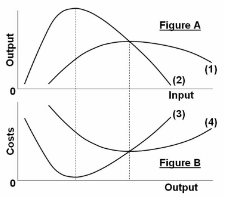The $14.3 billion U.S. craft beer market is being subsidized at local, state, and even federal government levels, and the taxpayers pay for these subsidies. Economists know that these subsidies make Americans poorer on the whole
Why is it so difficult for U.S. taxpayers to end these subsidies for the craft beer market, a market which has been described as "booming" and "highly successful"?
Because the benefits of these subsidies are concentrated within the craft beer industry, interest groups and politicians have an incentive to spend a lot of time and political energy fighting for them, even when they cost taxpayers and are welfare destroying on the whole. Because the costs are diffuse, taxpayers rarely find complaining worth their while. Because of transactions costs, organizing taxpayers is difficult, and as a result, subsidies such as these often are approved even when they make everyone collectively poorer.
You might also like to view...
Is the $846 billion that electricity producers would pay for the right to emit greenhouse gasses part of the opportunity cost of producing electricity?
What will be an ideal response?
Refer to the short-run production and cost data. The curves of Figures A and B suggest that:

A. marginal product and marginal cost reach their maximum points at the same output.
B. marginal cost reaches a minimum where marginal product is at its maximum.
C. marginal cost and marginal product reach their minimum points at the same output.
D. AVC cuts MC at the latter's minimum point.